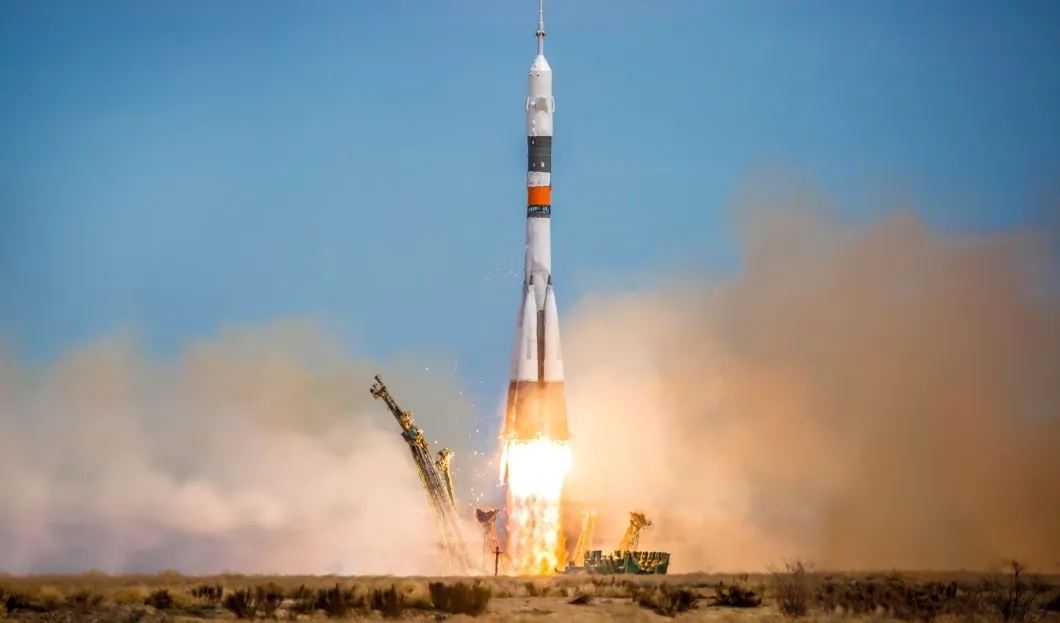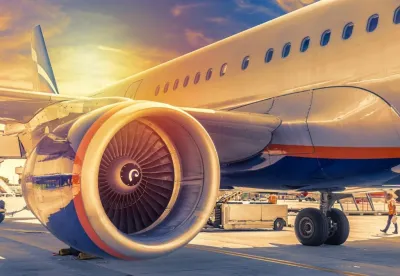
Without the Soyuz return-tickets to the International Space Station, important revenues for future projects will be missing. Roscosmos needs a new strategy for its space travel business.
After the "Crew Dragon 2" successfully docked at the International Space Station ISS on 30 May at 22:23 Moscow time, Dmitri Rogosin, the head of the Russian space agency Roscosmos, tweeted courteous congratulations to Elon Musk and also said: "I look forward to further cooperation." In fact, the alarm bells must have gone off in Moscow.
With the resumption of manned space flight by the USA, the Russian, extremely lucrative monopoly ended after almost a decade. Each seat of a US astronaut in a Soyuz capsule cost NASA 80 million dollars. Musk is reportedly offering his flights for 60 million per astronaut.
In recent years, a Twitter dialogue had developed between Musk and Rogosin. Those responsible for Russian spacecraft usually stay out of public discussions. Rogosin, as former Russian ambassador to NATO in Brussels and then deputy prime minister, is a different person.
When NASA announced a few years ago that it wanted to resume its manned flights with the help of Elon Musk's Falcon rockets, Rogosin sneered that his American colleagues might as well try to jump to the ISS on a trampoline.
Apparently, this was even an incentive for Musk and NASA to become independent of Russian help again. Now Musk tweeted back, "The trampoline worked."
Passenger Flights and Carrier Rockets
The head of the Moscow Institute of Cosmopolitics Ivan Moiseyev analyses the situation: "Because of a few words of the vice-premier, Russia has lost several billion dollars. In May, the last contract for the flight of an American on a Soyuz spacecraft to the ISS was probably signed. The launch is scheduled for October 2020.
"Russia has lost its share of the international space travel market," Moiseyev says. Even heavy satellites, which used to be launched into space by "Proton" launchers, can be transported more cheaply in the USA, China, and also by the European space agency Esa.
Reorganization over Ten Years
But Moiseyev gains a positive aspect from the developments: "The greatest benefit of the success of Space X could be that the Russian leadership has swept aside all the promises of a bright cosmic future that Roscosmos constantly makes and turned its attention to the real problems of Russian cosmonautics.
Moiseyev aims to smash the Roscosmos state agency and allow private companies to compete. He sees the inefficiency of the Russian system in the fact that around 8000 people work for Musk's space division. In contrast, all Roscosmos companies employ around 250,000 people.
In addition, no new technologies have been developed from the Russian cosmos industry. What has been modified is the technology that was developed 50 years ago. “The decline of technical competence is even accelerating,” observes Moiseyev. A reorganization cannot be achieved overnight but will probably take up to ten years.
Unexpected Announcement
Roscosmos vigorously denies that the international space travel market is lost for Russia. As passengers for ISS flights, they hope to attract well-heeled private customers. The idea is to make two of the three seats in a Soyuz capsule available for space tourists. Only the pilot would be a professional. But even that is not really necessary, according to Moscow, because the Russian systems are designed for fully automatic operation or control from the flight control center.
Rogosin does not want to give up his dreams of a "bright future" for Russian space travel. In his two years on the top of Roscosmos, he has filled the management of all companies with "younger and more motivated" personnel, as he recently pointed out.
The construction of new rockets of the type "Soyuz 5" and the development of a heavy carrier rocket have begun. "We are thinking about a new system of manned spaceships that can fly to orbital stations," Rogosin said. He reminded us of the Soviet reusable space shuttle "Buran", which has never been operated as a manned craft.
Rogosin's announcement that Russia wanted to build a space station to replace the ISS came as an unexpected development. Russia has always been a leader in this field, he said in mid-May, "so work to create a new orbital station will begin immediately."
Suddenly, the flight to the Moon is not so important anymore. Commenting on the US plans to resume flights to the Earth's satellite in 2024, Rogosin said: "As far as the Moon is concerned, we should not react in the same way as the Soviet Union did at the time to the US Strategic Defense Initiative." In the 1980s, the then US President Ronald Reagan had ordered the installation of an intercontinental missile defence shield, also space-based. According to Rogosin, a colossal amount of money had been invested in a fantastic idea that was then not realized.











